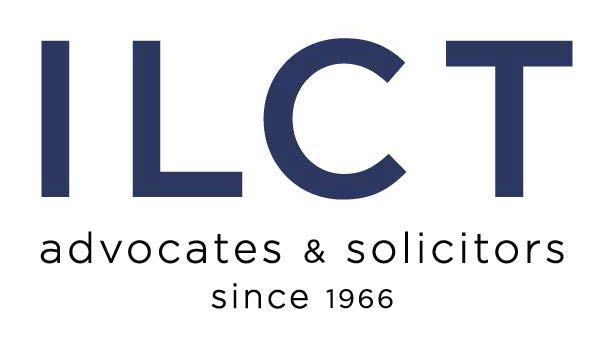Thailand’s 2025 Digital Asset Tax Reform: Key Implications for Investors and Platforms
On June 17, 2025, the Thai Cabinet approved a major tax measure aimed at promoting Thailand as a leading digital asset hub in the world. This reform introduces a clear and strategic fiscal incentive designed to stimulate investment, attract digital asset platforms, and enhance Thailand’s competitive position in the global crypto economy. With growing regional competition and the increasing adoption of blockchain-based financial products, the Thai government is seeking to modernize its regulatory framework and offer concrete benefits to both local and international participants in the digital asset space.
Scope and Conditions of the Tax Exemption
The core of the reform lies in a sweeping exemption from personal income tax on capital gains derived from the sale of digital assets, which are cryptocurrencies and digital tokens. This tax measure will be effective from January 1, 2025, to December 31, 2029, establishing a five-year period during which qualifying gains will be fully exempt from personal income tax. The declared objective of the policy is to support the growth of Thailand’s digital economy by attracting both retail and institutional players into its regulated market.
To benefit from this exemption, individual investors must meet one essential condition : the sale of the digital assets must occur through an operator licensed under the Digital Asset Business Operation Law. This includes three types of regulated entities : digital asset exchanges, digital asset brokers, and digital asset dealers. Only transactions processed through these authorized platforms will be eligible for the exemption. This condition is critical to the policy’s design, as it ensures that tax benefits are tied to regulatory compliance, investor protection, and traceability. It also incentivizes market participants to operate within Thailand’s legal infrastructure, reinforcing the country’s position as a responsible and innovation-friendly jurisdiction.
Previous Tax Framework
This new framework marks a significant departure from the previous tax regime. Prior to this reform, capital gains from digital asset sales were subject to a 15% withholding tax, automatically deducted at the time of the transaction. Moreover, net capital gains after deducting capital losses had to be included in the taxpayer’s annual personal income tax return. This could expose individuals to further taxation based on Thailand’s progressive income tax brackets, which range from 0% to 35%.
By contrast, the new measure removes both the withholding obligation and the requirement to declare such gains, provided the transactions meet the specified regulatory criteria. This simplification not only reduces the tax burden on compliant investors but also clarifies their obligations and minimizes the risk of non-compliance.
The reform also signals a shift in tone: from passive regulation to active promotion of digital asset innovation. It reflects an understanding that tax policy is not just a tool for revenue generation, but also a lever for economic strategy. For investors and crypto-native businesses, this means a renewed opportunity to enter or expand operations in Thailand with greater certainty, lower cost, and legal clarity.
However, the opportunity comes with responsibility. Investors must ensure that all transactions are conducted through approved operators and maintain accurate records of their activities. For professionals involved in fund structuring, token offerings, or advisory services, understanding the nuances of the new system is essential to properly guide clients and assess eligibility.
About ILCT Ltd.
ILCT Ltd. is a full-service law firm based in Bangkok, Thailand, with 59 years of experience providing comprehensive legal solutions to domestic and international clients. Our firm offers expertise across a wide spectrum of legal fields, including corporate and commercial law, mergers and acquisitions, intellectual property, dispute resolution, taxation, regulatory compliance, and foreign investment. Beyond these core areas, ILCT Ltd. delivers tailored legal services to meet the diverse needs of businesses operating in various industries, ensuring strategic, efficient, and compliant solutions in an ever-evolving legal landscape. Our multidisciplinary approach, combined with in-depth knowledge of Thai and international law, enables us to assist clients in navigating complex legal and business challenges with confidence and clarity.
For more information, please contact us at: law@ilct.co.th
Thailand’s 2025 Digital Asset Tax Reform: Key Implications for Investors and Platforms [Please download]
